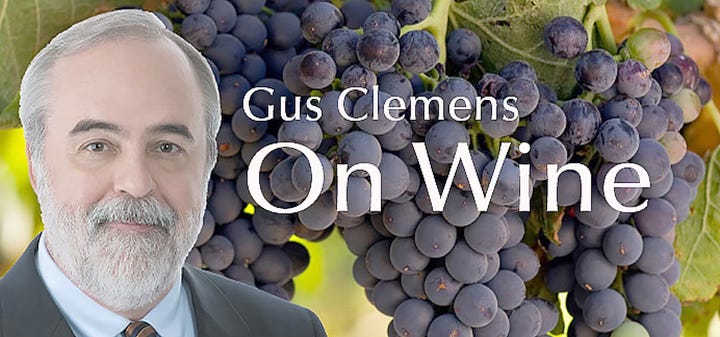This is the weekly column
Meteorological seasons 1-3-2024
It is early January. Barely into winter. Except it isn’t barely into winter if you reckon by the more rational system of “meteorological seasons.” By that measure, we are one-third-plus finished with winter. Huh?
Meteorological seasons are more logical and easier to work with than the longest day, shortest day, equal day kludge inflicted upon us years ago by astrologers. Astrologers? In the 21st century?
There is the simple meteorological system: winter starts December 1, spring March 1, summer June 1, fall September 1. If you are like me, when you learn how seasons are measured by meteorologists, the people you count on for weather predictions so you can plan your day, plan your planting, plan your grape harvest, you thought: “My, goodness, that makes perfect sense.”
Earth tilts toward the sun. In the traditional system its annual orbit determines the seasons, although seasons are wholly a human construction. Using the old system, this winter began on December 21, the winter solstice, the shortest day and longest night of the year.
But Earth’s orbit it not a perfect circle. That means astronomical seasons do not start on the same day each year. Using the astronomical system, seasons vary between 89 and 93 days. Messy, and not reflective of what we actually experience. In the vineyard. In our everyday lives.
Meteorologist use the December-March-June-September formula because it makes record keeping easier. When they compare seasons, they do not have to factor in yearly variables. Did autumn start at 3:30 a.m. Tuesday, or 7:30 p.m., or 12:09 a.m. on Wednesday?
Meteorological seasons track with our human experience. We have just begun astrological winter, but the weather has been cooler for more than month. December, January, and February are the coolest months. It gets colder before Christmas (winter solstice 2023 was December 21 at 9:27 p.m. CST). And spring likely will be perceived earlier than March 19 at 10:06 p.m. in 2024.
Isn’t it just cleaner and easier to divide the seasons into four easy-to-identify segments?
I know a wine columnist is not going to change the world of season delineations, but I do want to ally myself with the much more rational and easy to understand system of meteorologists. After all, we depend on meteorologists to tell us how hot and cold it will be tomorrow and when the hurricane will force us to flee for our lives. How about giving them a say on winter, spring, summer, and fall?
Last round
Why don’t ants freeze in the winter? Because they have ANTi-freeze. Wine time.
Email: wine@cwadv.com
Newsletter: gusclemens.substack.com
Website: gusclemensonwine.com
Facebook: facebook.com/GusClemensOnWine/posts/
Twitter (X): @gusclemens
Since you subscribe to my newsletter, it follows you enjoy wine and humor and are an adventurous, inquisitive person. Each morning, The Sample sends you one article from a random blog or newsletter that matches your interests. When you find one you like, you can subscribe to the writer with one click. Give it a try Link to The Sample















Share this post